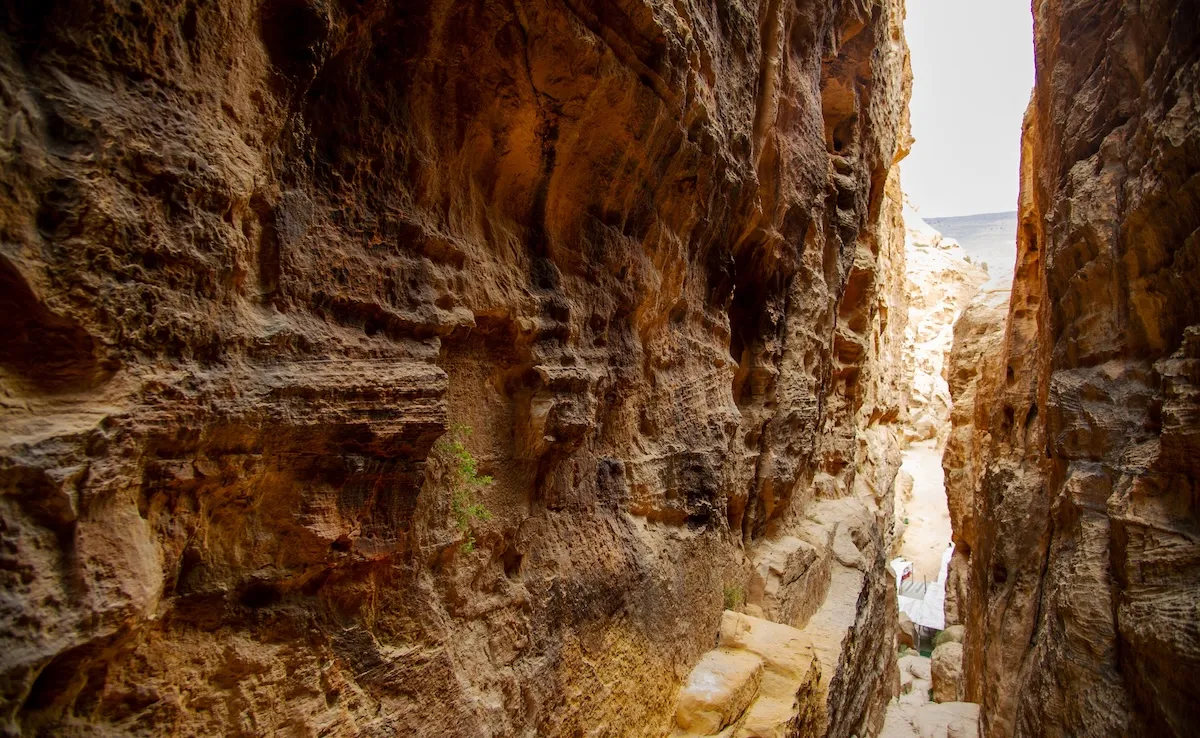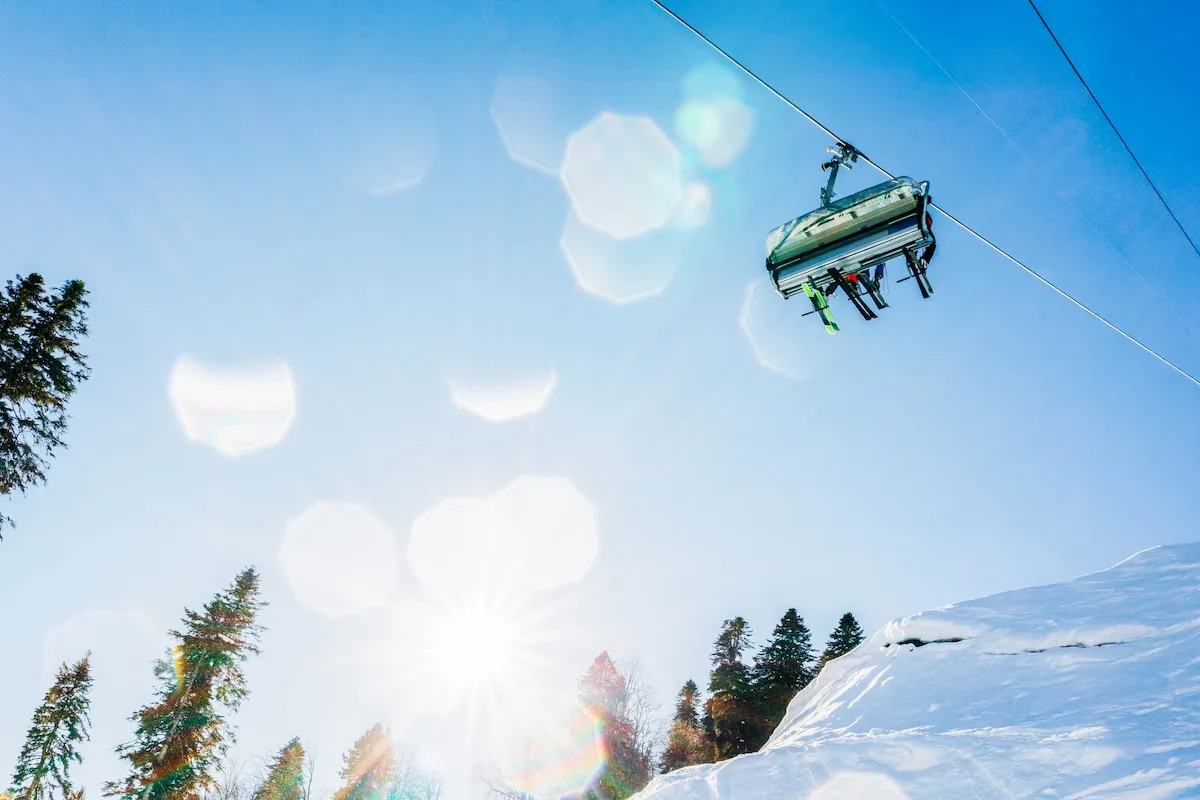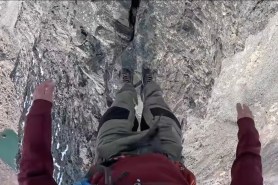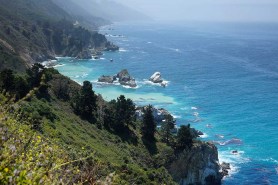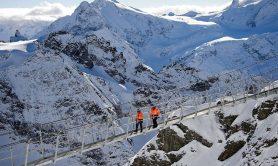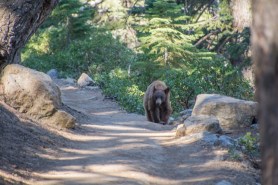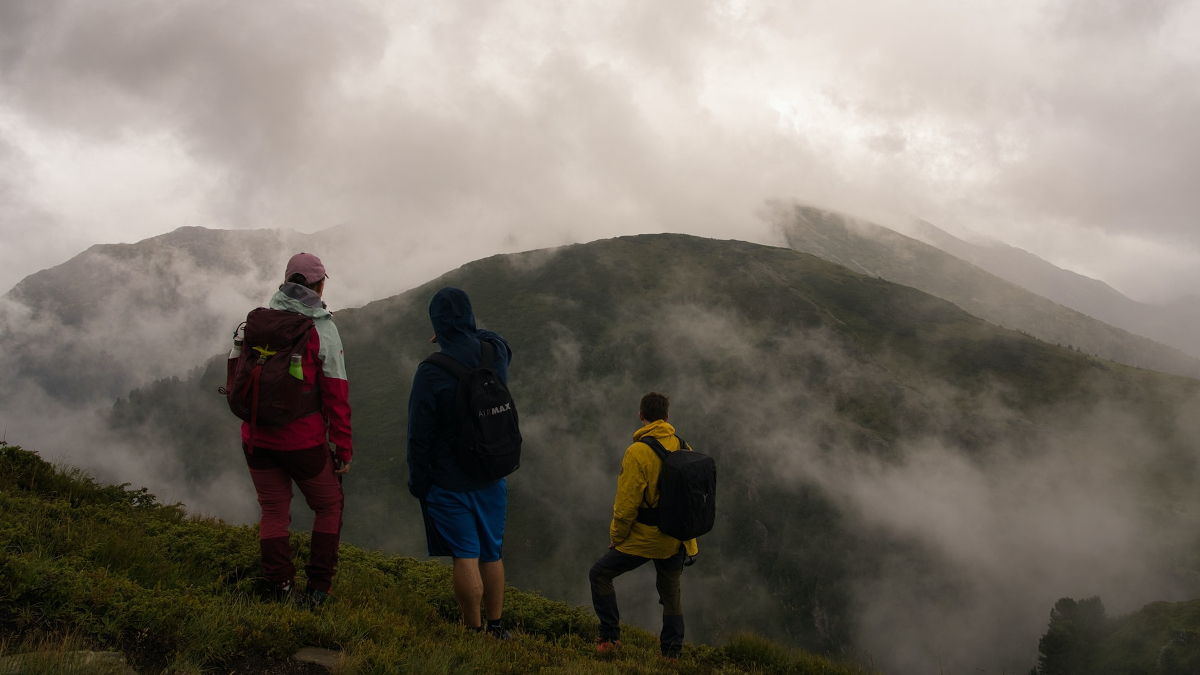

There’s snow on the ground, the sky is gray, the trees are all bare, but you can’t stop thinking about the great outdoors. Your backpack and your hiking shoes sit, collecting dust, in the corner. Your trekking poles are disturbingly clean. What’s a backpacker to do in winter? Just sit around? Take especially unpleasant day hikes through the wet cold? There has to be a better way. Not only can you do the following trails in winter, in many cases winter is far and above the best time to do them. For some, winter is the only time you can thru-hike these trails. As long as you’re down for a trip south or a plane ride to a different hemisphere, you can get there. Here’s six winter thru-hikes for your consideration.
Videos by Outdoors
1. The Florida Trail
As one of 11 certified National Scenic Trails, a winter thru-hike on The Florida Trail is not one to miss. With its southern terminus in Big Cypress National Preserve, at their Oasis Visitor Center, it spans 1,500 miles up to Pensacola Beach. Common start dates for The Florida Trail are January and February, though you could potentially start earlier. It’s recommended that you finish by April or so due to unpredictable weather and hunting seasons. Unlike nearly every other trail across the USA, October-March will put you more or less in Florida’s “dry season.”
The Florida Trail is a frequent talking point among thru-hikers across the country. To some, it’s a dream, and to others, it’s a nightmare. On one hand, you’ll see some incredible, unique wilderness locations that few others experience. There’s a chance you could even catch a glimpse of one of Florida’s famed black panthers. On the other hand, you might get some wet feet. Depending on the year, you may have to spend some time walking on root systems through water. By all accounts, the fear-mongering about The Florida Trail’s conditions is worse than the actual hiking experience. You have a better chance of being struck by lightning than being attacked by an alligator, but that doesn’t mean you should get complacent.
2. The Pinhoti Trail
For a shorter commitment or a great first thru-hike, The Pinhoti Trail is a great option. Its southern terminus is down on Flagg Mountain in Alabama. If you head 335 miles along the trail up into Georgia, you’ll find the northern terminus in Chattahoochee-Oconee National Forests, where it joins The Benton Mackaye Trail. “Pinhoti” is Creek for “The turkey’s home,” and besides being a fantastic winter thru-hike, it’s a great way to see Southern Appalachia.
In thru-hiking culture, the Pinhoti is often thought of as a connector trail between the above Florida Trail and The Appalachian Trail. Coupled with The Benton Mackaye Trail, this trail is a vital part of a much, much longer hike that is growing lately in popularity. This is, of course, The Eastern Continental Trail (ECT). The ECT spans all the way from Key West up to Canada’s Newfoundland and Labrador coast. The Pinhoti Trail fills many different roles, then. It’s a fantastic first thru-hike if you’re finding your way into the sport, it’s a great trail to string into a larger adventure, and it’s a great call for a winter thru-hike.
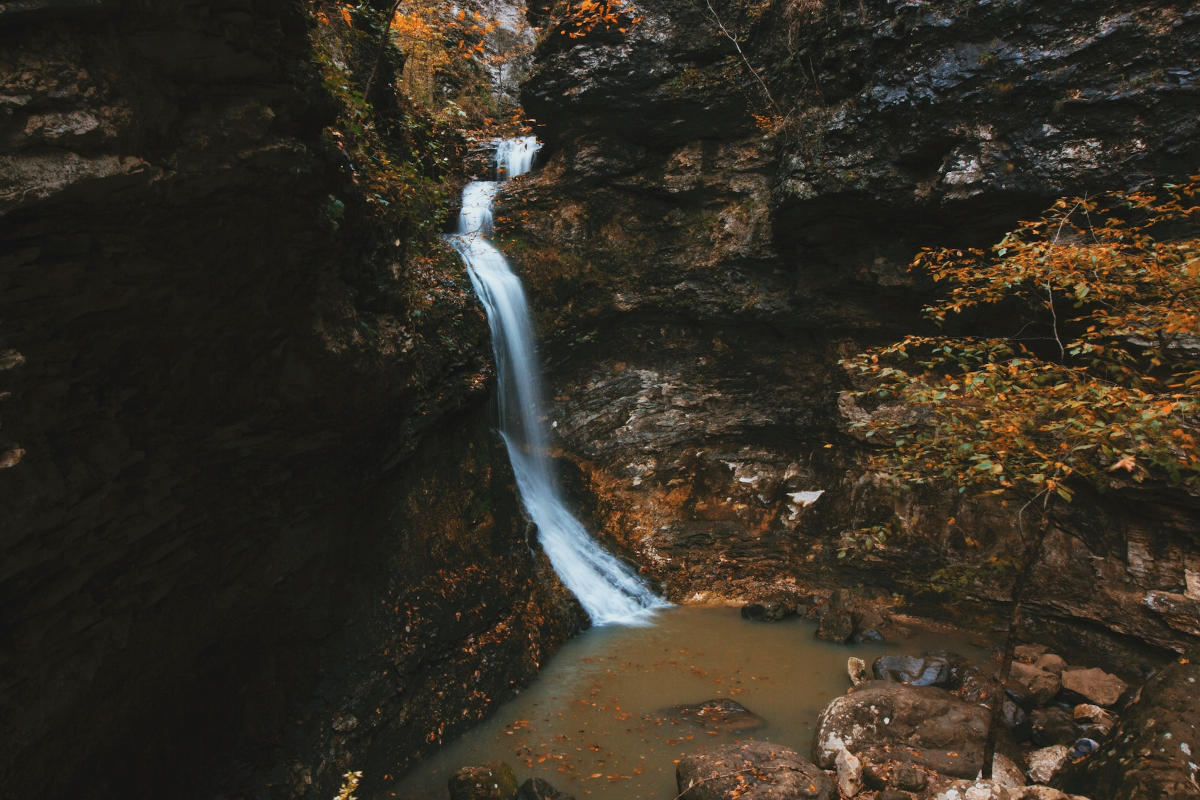
3. Ozark Highlands Trail
While you may or may not run into Jason Bateman out here—Ozark anyone? it’s a worthwhile hike regardless. It might actually be one of the most slept-on hikes in the USA. This is a 218-mile trail from Lake Fort Smith State Park to the Buffalo National River. It will take you through some of the most remote and beautiful parts of Ozark National Forest. While the winter months aren’t guaranteed to be drama-free here in Northwest Arkansas, prime visitation months are from fall to early spring. Otherwise, the heat can be oppressive.
When considering this thru-hike, know that resupplies can be tough. Grocery stores are not particularly accessible. Your best bet will be to send packages to Ozone and Pelsor, towns that you can hike to from the trail. It can be a fairly rugged trail, too, so be ready. The good news is that all of these factors tend to give you a lot of privacy out here. The Boston Mountains, the Hurricane Creek Wilderness Area, White Rock Mountain, and Hare Mountain are all highlights. For a fantastic winter thru-hiking experience, the Ozark Highlands Trail should be at the top of your list.

4. Te Araroa
Have you ever wanted to visit New Zealand? Here’s the best way to see the country. Spanning the entirety of Aotearoa, the land of the long white cloud in Te Reo Māori, the Indigenous language, this trail is 1,882 miles or 3,028 kilometers long. From Cape Reinga, at the top of North Island, down to Bluff, the bottom of South Island, it will be at least three or four months’ hiking. Te Araroa will show you some of New Zealand’s most beautiful and remote wilderness areas as well as its largest cities and cultural hotbeds.
It’s not that you should hike Te Araroa during the cold months, it’s the fact that the seasons are different here. In the Southern Hemisphere, summer months are October to March. If you plan it right, you could potentially skip winter entirely for a year. No matter when you go, it’s impossible to go wrong with New Zealand’s incredible natural beauty. The mountain ranges are more than majestic, the endemic birdlife is unique and incredible, and the forests are green and lush and alive.
5. Lone Star Hiking Trail
Maybe the four month hike sounded like a little too much. Well, on the other end of the spectrum is a much shorter winter thru-hike, the Lone Star Hiking Trail. Including the 32 miles of loop and crossover trails, this is a 129-mile trail that can be finished in around a week. It traverses the Sam Houston National Forest, and is the longest continuous hiking trail in Texas. The western terminus can be found near Richards, while the eastern terminus is not far from Cleveland, Texas.
If you’re not a fan of primitive camping, you can schedule this hike around established outdoor recreation areas. They have toilets, picnic tables, and other similar amenities available should you want to rent a campsite. Water should be a consideration, as there is some potable water available on trail, but depending on how dry the year is, you may need to cache some for yourself. This trail does go through some private land easements, so proper trail etiquette is important. No matter how you hike this trail, though, the mild climates of Southeast Texas make the Lone Star Hiking Trail a great winter thru-hike.
6. The Trans-Catalina Trail
Not only home to iconic wine mixers, Santa Catalina Island is also a beautiful location for a winter thru-hike. You can catch the ferry from Long Beach or Dana Point over to Avalon or Two Harbors, then take this 38.5-mile hike across the island. You’ll have to book your campsites before you go, which means it’s wise to plan this hike well ahead of time. In the hotter months, the heat is tough to deal with, because much of the trail is quite exposed. However, this means winter months are the best time to hike this trail.
One of the strangest, most exciting parts of this thru-hike are the bison. Yes, you read that right. Back in the 1920s, filmmakers brought bison over to the island for a shoot, and they were allowed to stay. They’ve since become a part of the ecosystem and a tourist attraction. Beyond that, you have a beautiful, Californian ecosystem with the distinct feeling of island life. Take your time with this hike. Do it on island time. Whichever direction you hike, you’ll have some great restaurants and a beautiful harbor waiting for you at the end. The Blue Rose in Avalon has particularly good Jalapeño-Cucumber Margaritas.
CHECK OUT THESE OTHER YEAR-END STORIES FROM OUTDOORS.COM:
- The Year in Outdoors: A Look Back at 2023
- The Year in Outdoors: People of the Year 2023
- The Year in Outdoors: 2023 Saw Some Great New Gear—Here Are a Few Favorites
- The Year in Outdoors: Our Top 10 Stories in 2023 (Plus 10 You May Have Missed)
- The Year in Outdoors: New Mosses, Mushrooms, and Other Forest Things Discovered in 2023
- The Year in Outdoors: New Animal Species Discovered in 2023
- The Year in Outdoors: Our Favorite Creators, YouTubers, and Podcasters of 2023
- The Year in Outdoors: These Were Some of the Most Heartwarming, Epic, and Outrageous Outdoor Videos of 2023
